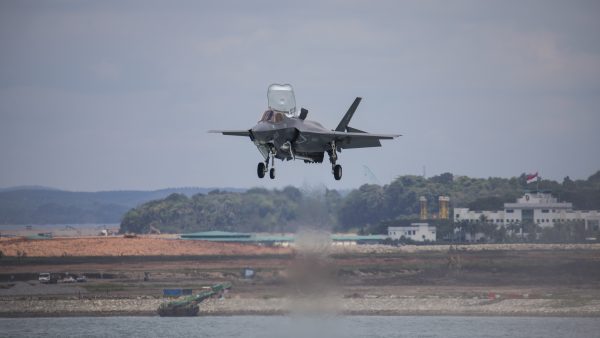


In a recent opinion piece by Alex Lo in the South China Morning Post, the author discusses the resurgence of the 'One Percent Doctrine' in US national security policy, which treats unlikely threats as certainties, particularly regarding China [c5399e01]. The article critiques the Pentagon's alarmist rhetoric about military preparedness against perceived threats from China, Russia, Iran, and North Korea. Lo highlights the irrationality of equating TikTok bans and tariffs with military strategies, suggesting that such comparisons distort reality and could lead to unnecessary escalation.
The author questions the US military's shift from a 'two fronts' doctrine to a need for readiness against multiple adversaries, emphasizing that the likelihood of these nations uniting against the US is low. This perspective aligns with concerns raised in earlier discussions about the implications of American militarism and its impact on global stability, particularly in South Asia [06e82742]. The ongoing narrative around US military strategy reflects a broader trend of threat inflation, which can complicate diplomatic relations and escalate tensions unnecessarily.
Additionally, Lucas Myers' article in The Diplomat highlights the challenges of US military access in a non-aligned Indo-Pacific, further complicating the landscape of US foreign policy [c2d23e83]. Together, these insights underscore the need for a more balanced and diplomatic approach to international relations, rather than one driven by alarmist perceptions and militaristic responses [c5399e01] [06e82742] [c2d23e83].